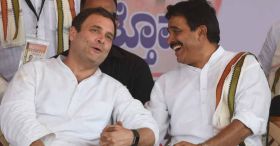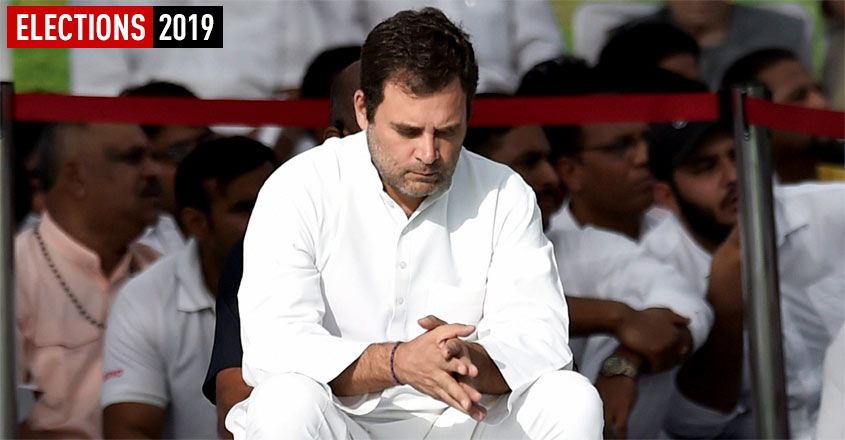
Crises are embedded in the DNA of Congress. However, the 134-year-old grand old party is now caught in a Catch-22 situation. Its president Rahul Gandhi is firm on his decision to quit the post. After the party's second sucessive drubbing in general elections, Rahul seems to be the most depressed person in the country.
After its rout by the invincible Modi-Shah duo of the BJP, the Congress is facing nothing short of an existential crisis.
Rahul's decision to quit, the meaning of which only he could infer, has pushed the party into the verge of a collapse.
It is staring at an unprecedented leadership deficit.
In the past, it had at least a few names from outside the Nehru-Gandhi fiefdom to flaunt, but in the Modi-Shah era, the Congress can't even think of moving away from the family axis.
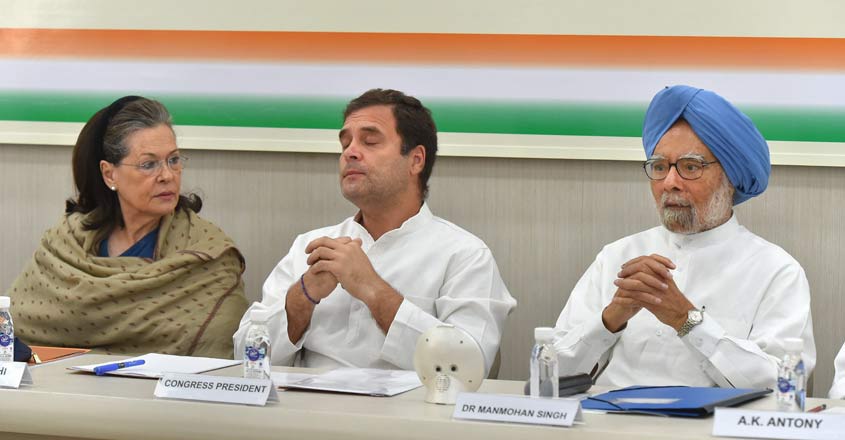
Political India is divided over the question of Rahul's resignation. While all the party veterans and alliance leaders such as M K Stalin(DMK), Lalu Prasad (RJD) and Sharad Pawar (NCP) have urged him not to resign, former Union minister and known Modi-critic Yashwant Sinha argues that Rahul shouldn't damage his image further by recalling his decision.
Sinha, being an outsider to the party, can give such advices, but none in the Congress seems to be able to afford the loss of Rahul at this juncture.
Rahul's move to quit came as unexpected as the Congress' second drubbing in a row. It came out of a sense of utter despair, not of the electorate but the party mechanism.
If reports are to be believed, Rahul has unleashed his anger towards the old guard in the party for putting their personal interest above those of the party.
For those who know the way the Congress functions, Rahul's charges are nothing new. Party leaders across the country have been facing similar charges for long, though in a muted manner. Perhaps it was poetic justice that Rahul himself was destined to articulate the charge, that too at the Congress Working Committee, the party's highest forum.
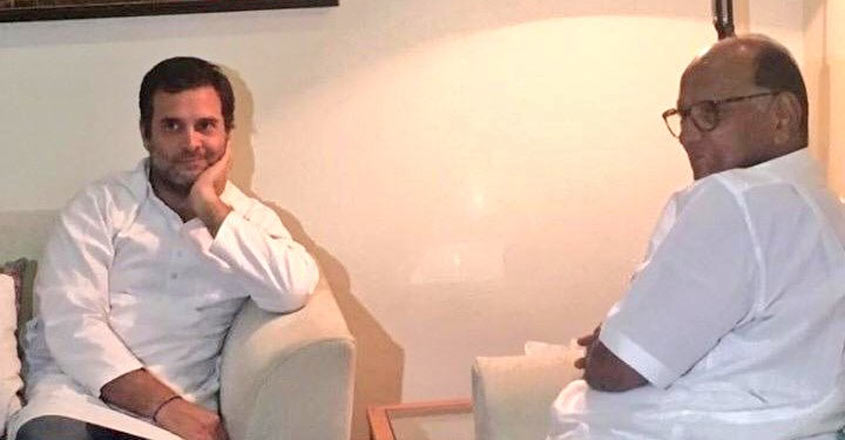
Why Rahul should quit
Rahul should quit as party president for a variety of reasons, but only if he thinks that it would do some good for the party. Congress needs a revival, if not a resurrection, but that can't happen with the efforts of a single person.
In the run-up to the Lok Sabha polls, the party made the mistake of entrusting one individual and his family -- read Rahul and his sister Priyanka -- with the mighty task of regaining its lost glory. However, that did not happen.
The Congress and Rahul can't afford to entertain such a complacency among party ranks anymore. He should quit so that the entire party mechanism would feel the real heat of the party's crisis.
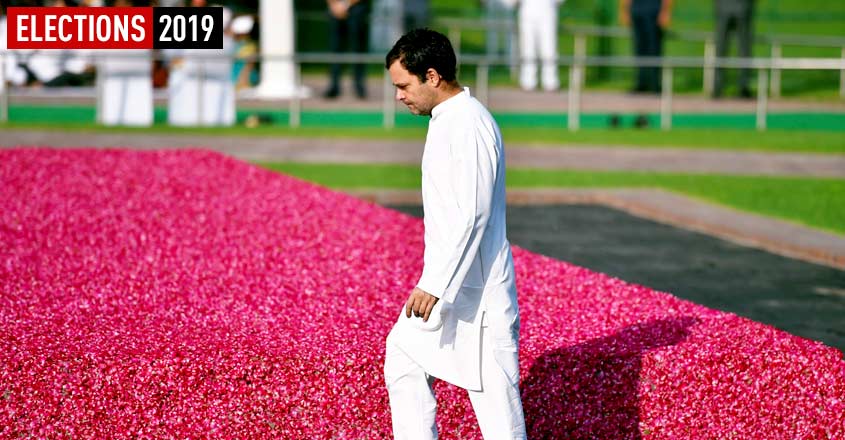
In other words, only the extreme step by Rahul can infuse a collective sense of responsibility among the party top brass.
The Congress, if it wants to survive the Modi wave -- some call it tsuNaMo these days -- should wake up to the fact that it can't solely rely on the Nehru-Gandhi dynasty.
Rahul's resignation would force the party to find a new set of leadership, which has to be young, dynamic, inclusive and strategic.
The idea of a presidium with representation from all regions seems to make better sense.
Rahul's move to quit should be approved by the party if his actual plans are to rebuild the party from grassroots. He should be allowed to occupy a less responsible post and travel across the country and meet the people.
In that process, he should make sure to build a counter national narrative against the communal and jingoistic triggers that keep the BJP in power.
Some may find it ironic to argue that Rahul should quit even as leaving the responsibilty to rebuild the party is on his shoulders. However, there is no need of any confusion because the primary argument is that Rahul should quit, only to make a stronger comeback powered by more experience.
Why Rahul shouldn't quit
All the arguments favouring Rahul's resignation are based on a sense of optimism that it would help the party overcome its present crisis in the long run.
However, a realistic approach towards the issue doesn't actually support such arguments.
If Rahul decides to keep himself away from the big responsibilities, the party may in fact end up in a collapse at once. The names being floated as an alternative to him, be it Sachin Piolt, Jyotiradithya Scindia, Captain Amarinder Singh or K C Venugopal, do not command the pan-India appeal that the party badly wants now.
Rahul's resignation would also be seen as his inability to lead from the front. It would help the rivals peddle the narrative that he was a reluctant entrant to politics and that he can be no match for the charismatic Modi.
Truth may be bitter, but the fact is that the Nehru-Gandhi family is the only common thread that binds the state units of the Congress in this point of history.
There may be tall claims of ideological grounds such as protecting democracy and secularism and fighting fascism, but it would be naive to believe that the Congress rank and file would subscribe to it.
In short, Rahul should stay, if he wants the Congress to stay afloat in hopes of a better tomorrow. Or at least to delay its collapse by a few elections.



